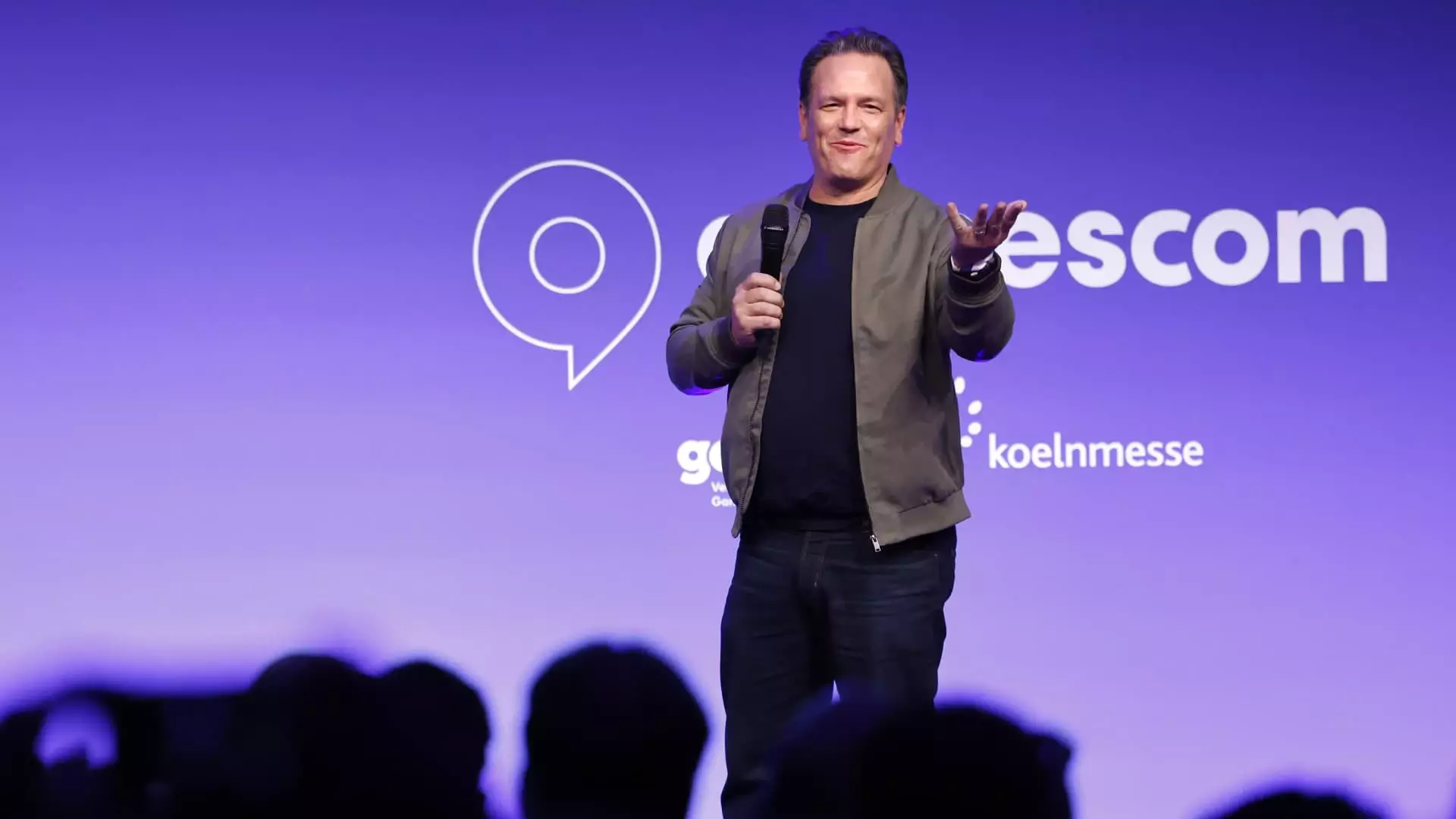In a significant development for the mobile gaming landscape, Microsoft has announced plans to enable gamers to purchase and play video games directly through its Xbox app on Android devices starting in November. This initiative comes on the heels of a groundbreaking court ruling in the United States that mandates Google to offer alternatives to its Play Store, potentially reshaping how apps and games are distributed on mobile devices. This bold maneuver by Microsoft is not just a response to legal changes; it indicates a strategic pivot that seeks to reclaim its presence within the mobile sphere, an area where it has historically lagged behind its competitors.
The backdrop to Microsoft’s decision includes a high-profile case involving Epic Games, the publisher of the wildly popular game Fortnite. This court case resulted in a ruling unfavorable to Google. The implications of this legal battle extend beyond mere compliance; they open the floodgates for a broader range of options for consumers and developers, effectively dismantling a significant portion of Google’s tight grip on mobile app distribution. As noted by Sarah Bond, president of Xbox gaming, this ruling encourages competition by providing users with more choice and flexibility, a sentiment that resonates strongly in a market that has often seemed monopolized.
By allowing Android users to make purchases directly through the Xbox app, Microsoft seeks to bypass steep revenue-sharing costs that typical in-app purchases incur under Google’s policies. This new structure not only enhances Microsoft’s profit margins but also streamlines access for gamers. Presently, Xbox users can download titles and stream games through cloud services, which signals Microsoft’s ambition to position itself as a dominant player in mobile gaming. Phil Spencer, CEO of Xbox, has previously acknowledged the necessity of engaging mobile customers to bolster the brand’s relevance. This recent initiative corresponds with Microsoft’s broader strategy to penetrate mobile gaming following its monumental $75.4 billion acquisition of Activision Blizzard.
Despite the positive strides on Android, Microsoft remains silent on the potential for similar changes on Apple’s iOS platform. Given the ongoing scrutiny of Apple’s App Store practices by regulators, there is a sense of anticipation in the industry. However, the lack of a clear plan might hold Microsoft back from capitalizing equally on that lucrative market. Currently, users with Game Pass Ultimate subscriptions can stream games through the web on iOS devices, but this method falls short of the dedicated gaming experience offered through native apps.
As Microsoft steps into this new chapter of mobile gaming, the industry will be watching closely. The company’s innovative approach, sparked by legal pressures, could signal a paradigm shift in how games are marketed and sold on mobile platforms. Ultimately, by empowering developers and consumers alike to navigate away from restrictive ecosystems, Microsoft may not only enhance its market share but also redefine the gaming experience for millions. The next few months could be critical, as stakeholders await both Google’s response and Microsoft’s execution of its ambitious mobile strategy.


Leave a Reply